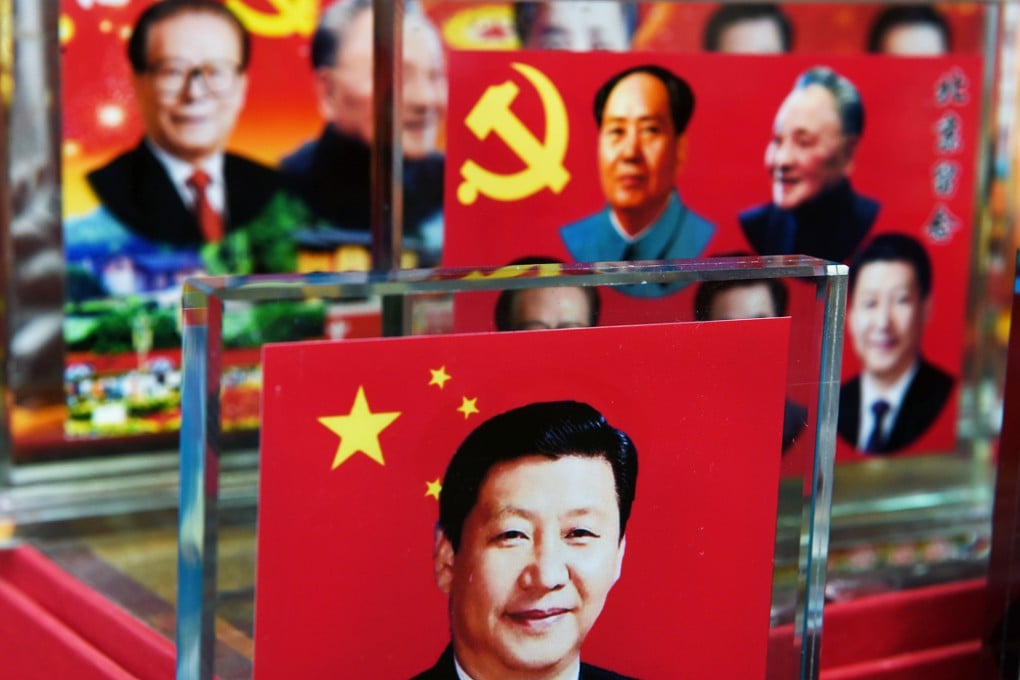Keep calling each other ‘comrade’, Chinese Communist Party tells members after rule review

The Chinese Communist Party has abolished hundreds of “outdated” regulations on discipline after a two-year review – but members will still be told to address each other as “comrade”.
The party assessed 1,178 documents on its organisation and member discipline issued between 1949 and 2012, Xinhua reported, ruling that more than half were no longer applicable.
“[The work] is to ensure the consistence and coordination of regulations within the party,” Xinhua cited the party as saying.
Among 487 regulations to remain in use is a 49-year-old diktat that members call each other “comrade”, a widely used Communist Party term.
The word “comrade” originates from French and has been frequently adopted by left-wing organisations, most notably, communist parties around the world. It is supposed to reflect consolidation among party members and embody the idea of equality.
The document issued in 1965 condemned party members who addressed each other with hierarchical titles, denouncing it as a “decadent practice of old society” and “bureaucratism”.